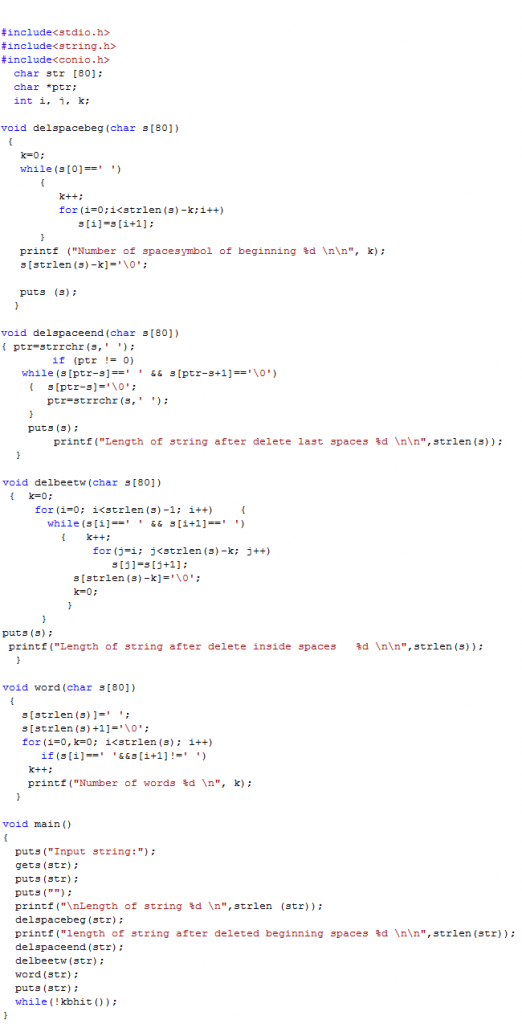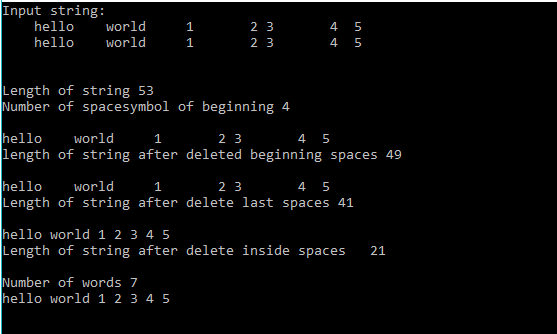This sample on char in C++ is an extensive guide that can help students handle their own homework. Usage of our sample means that you can look it through and get some ideas, but you cannot present it as your own assignment. On our blog, you can find a huge number of other samples that can help you with different tasks. Moreover, AssignmentShark.com offers help with assignments, so you can forget about problems with your homework. Each of our samples shows how our experts deal with different assignments.
Our expert can help you with the entire C++ homework or with a particular part. If you use our service for the first time, don’t worry – your personal information will be secure and never passed to third parties. When placing an order, indicate your requirements and set the deadline. We have a wide range of experts you can choose from. Note that the following sample was completed by an expert in IT, and it is absolutely correct.
Char in C++
A char is an array of characters ending with the ending symbol ‘\0’. A symbol value is an integer that is the character code in the ASCII chart. The symbol appears in single quotes (e.g. ‘z’). Each character in the memory takes up one byte. The char is characterized by the length, which is equal to the number of characters and the memory allocated for it. The amount of memory taken by the char is one byte more than the length of the line because of the newline character ‘\0’.
Each character of the char has its own index. The access to each character is performed using the [ ] operation. The char and all of its characters have the same name. When we declare a char we should define a name and a number for its items. The length of the char is determined by reading the newline character ‘\0’ in the input line. To denote a new char, it is required to use the ‘\n’ character.
The char is available via the pointer to its first character. Thus, the char name is a pointer to the first character.
There are various formats of the char declaration:
[code language=”cpp”]
char string[50];
сhar * pointer="mastering Visual C++"; //pointer to the string
[/code]
The string (text) constants are written in double quotes (e.g. “z”), in contrast to the value of the char.
Chars can be arranged into an array of chars to form a text. During the announcement of a string array, we must define two indexes: the number of rows and the maximum number of characters in one line.
For example: char text[50][5];
The input and output of chars are carried out using the function puts(char* s); gets(char *s); without any loops. The parameter of the input and the output functions is a pointer to a string. If we enter strings using classes flows through the operation >>, the characters of the string will be entered until the first space character.
The assignment (=) and comparison (>, <, ==, !=) operations are defined for the chars. In order to use this functional, we should reference the corresponding function prototypes which are defined in the string.h file.
As an example, we have a C++ program which deletes the unnecessary spaces from the string and counts the number of words in it:
And here is the result of the testing of the program:
Thanks for your attention!


